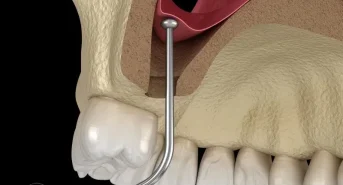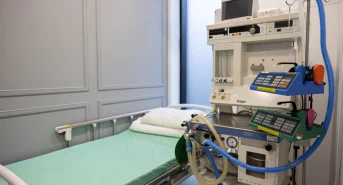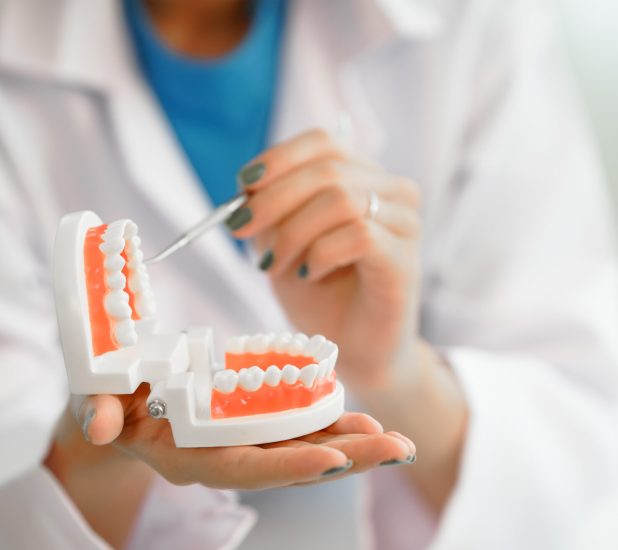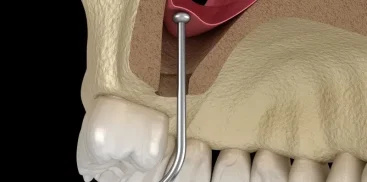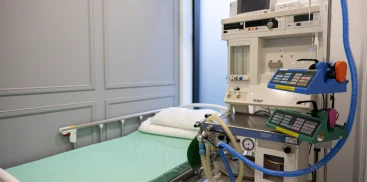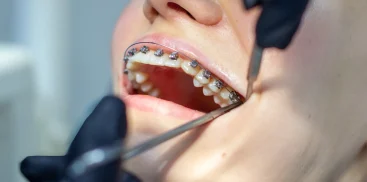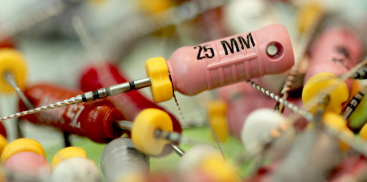Baby teeth, like permanent teeth, have roots, which can lead to the need for root canal treatment. Many parents may be surprised by this because they believe that since baby teeth eventually fall out, treatment is unnecessary. However, root canal treatment for baby teeth is important to avoid more serious health problems. Why is it important to care for baby teeth? You’ll find the answers to this and many other questions regarding root canal treatment for baby teeth on our blog.
How do the roots of baby teeth differ from those of permanent teeth?
The roots of baby teeth are typically thinner and more curved than those of permanent teeth. This unique structure allows for their resorption, or natural shrinking, at the appropriate time when permanent teeth begin to erupt. This process is crucial for the smooth transition from baby teeth to permanent teeth. Thanks to the resorption of baby tooth roots, permanent teeth can take their place without hindrance, which is essential for healthy oral development and proper alignment of permanent teeth.
When do baby teeth require root canal treatment?
Root canal treatment for baby teeth is usually necessary in cases of advanced tooth decay that remains untreated. The dentist makes this decision when decay-causing bacteria lead to infection of the pulp, causing inflammation and pain. When assessing the need for root canal treatment, the dentist considers the expected presence of the tooth in the oral cavity. If the tooth will be present for a longer period, root canal treatment is usually chosen. Another reason may be trauma, such as from a fall, which leads to tooth damage. In most cases, this concerns front teeth, which are particularly prone to injuries due to their location.
When will a dentist refrain from performing root canal treatment on a baby tooth?
A prerequisite for undertaking endodontic treatment of a baby tooth is good cooperation with the patient because it is a relatively time-consuming and complicated procedure. Local anesthesia is often necessary as well.
However, there are various contraindications that may result in refraining from root canal treatment. These include:
- Advanced tooth decay, which limits the possibility of tooth reconstruction due to a small amount of healthy tissue
- Reduced immunity in the child, which may increase the risk of complications after treatment
- Existing heart conditions that may increase the risk of complications during the procedure
- Some orthodontic defects that may hinder effective root canal treatment
In the event of any of these contraindications, the dentist may opt for a different form of treatment or even tooth extraction if necessary for maintaining oral health.
What is the process of root canal treatment for baby teeth?
The procedure for root canal treatment of baby teeth differs slightly from that used for permanent teeth. A commonly used method is the coronal pulp amputation, which involves removing the coronal part of the pulp and preserving the living pulp in the tooth’s canals. Full endodontic treatment, on the other hand, involves removing the entire pulp from the canals, disinfecting them, and filling them with a special material. This procedure is similar to root canal treatment for permanent teeth but differs in the root filling material to allow for natural resorption during tooth replacement. The dentist selects the treatment method according to the individual needs of the young patient, considering their age, cooperation, and the extent of decay.
Why is it worth treating baby teeth with root canal treatment?
Preserving healthy baby teeth is crucial for the proper development of the face and jaw in children. Improper loss of baby teeth can lead to bite problems that may require orthodontic intervention. Additionally, baby teeth can be as painful as permanent teeth, so it is important not to ignore symptoms of pain or discomfort in the oral cavity.
Summary
Despite common belief, baby teeth sometimes require root canal treatment. The decision on the treatment method depends on many factors, including the child’s age, cooperation, and the time until the physiological replacement of baby teeth with permanent ones. Therefore, it is important to care for baby teeth and take appropriate steps in case of problems.

